Morality is a private and costly luxury
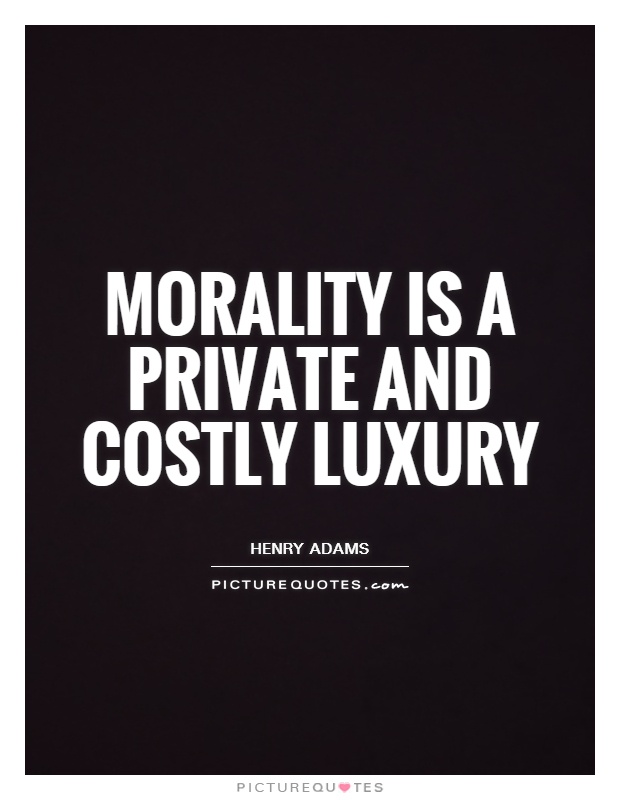
Morality is a private and costly luxury
In the context of Henry Adams, the idea that morality is a private and costly luxury can be seen through his own life and writings. Adams was a prominent American historian, educator, and writer who grappled with questions of morality and ethics throughout his career. His works, such as "The Education of Henry Adams" and "Mont-Saint-Michel and Chartres," explore themes of power, corruption, and the struggle to maintain one's moral compass in a world that often seems devoid of ethical standards.Adams believed that morality was a personal responsibility that required constant vigilance and sacrifice. He saw the pursuit of moral excellence as a difficult and often lonely path, one that required individuals to make difficult choices and stand up for their beliefs even in the face of opposition. In his autobiography, "The Education of Henry Adams," Adams reflects on his own struggles with morality and the challenges he faced in trying to live a virtuous life in a society that often seemed to reward deceit and corruption.
Adams' belief that morality is a private and costly luxury can also be seen in his views on power and politics. He was deeply skeptical of the motives of politicians and leaders, believing that they often acted in their own self-interest rather than for the greater good. Adams saw the pursuit of power as inherently corrupting, leading individuals to compromise their moral principles in order to achieve their goals. He believed that true moral integrity required individuals to resist the temptations of power and wealth, even if it meant sacrificing their own success and standing up against the prevailing norms of society.
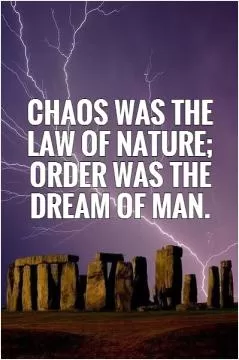

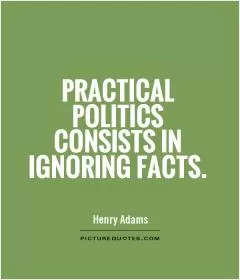

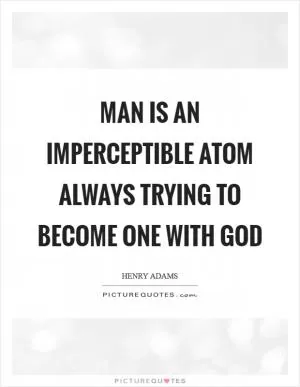
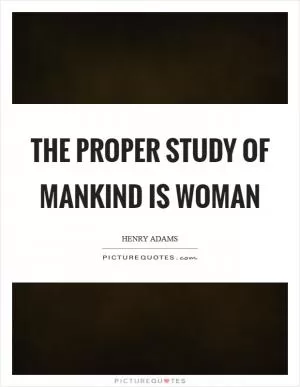
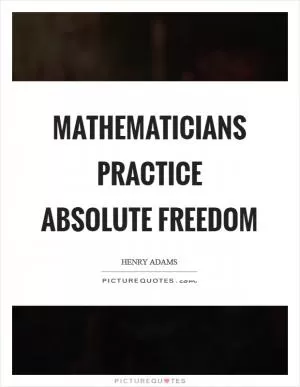

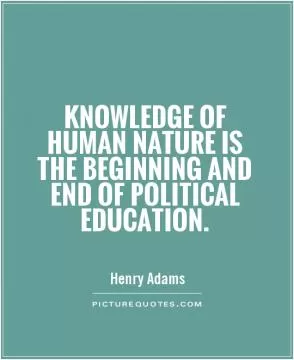
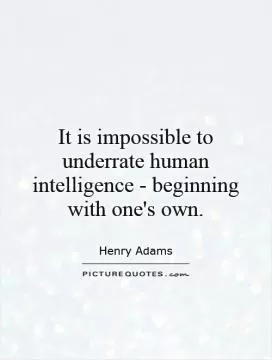


 Friendship Quotes
Friendship Quotes Love Quotes
Love Quotes Life Quotes
Life Quotes Funny Quotes
Funny Quotes Motivational Quotes
Motivational Quotes Inspirational Quotes
Inspirational Quotes